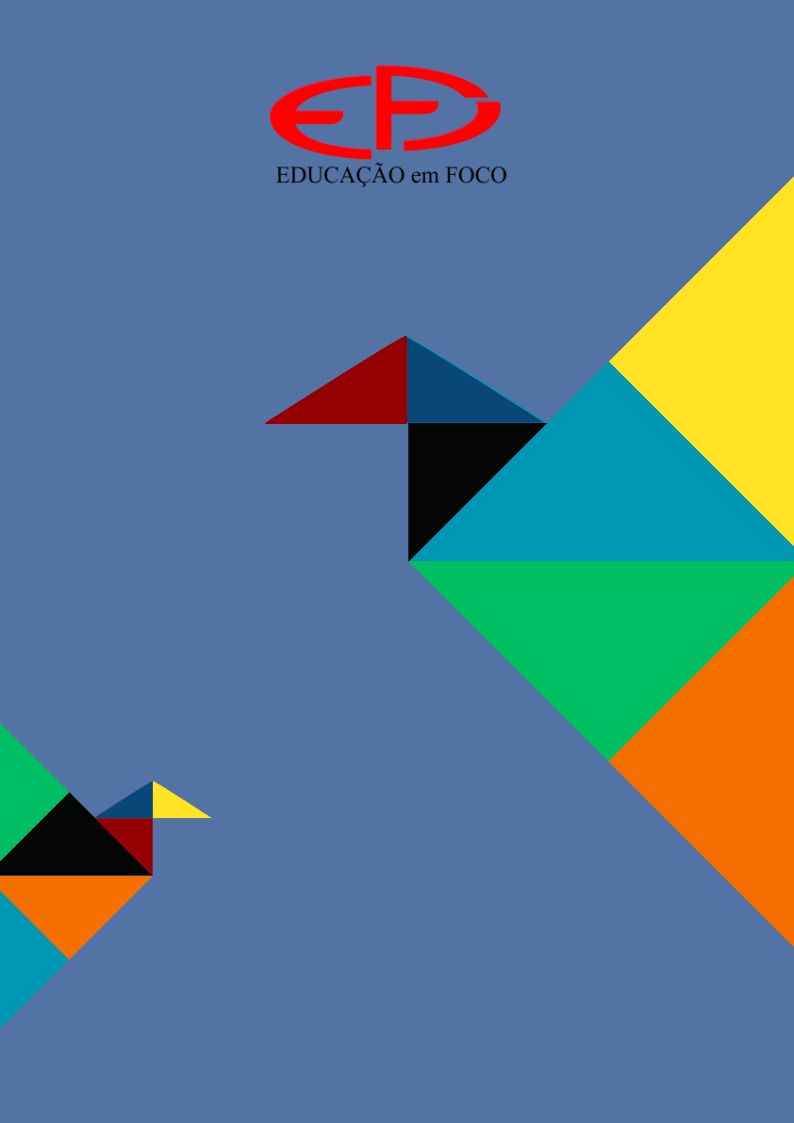UMA PROPOSTA DE EDUCAÇÃO LINGUÍSTICA A PARTIR DO ENSINO DOS SINAIS DE PONTUAÇÃO
DOI:
https://doi.org/10.34019/2447-5246.2024.v29.43770Resumo
Com vistas a pensar uma Educação Linguística que possibilite tanto o aprendizado da norma padrão, quanto o processo de letramento linguístico do educando, escolhemos a pontuação por nos parecer um conteúdo pouco valorizado pelos professores de português. Em nossas reflexões, partimos do entendimento de que o ensino que prescreve regras gramaticais a partir de fragmentos de textos ou frases descontextualizadas, não considera o contexto sociocomunicativo e, com isso, o que motivou o emprego da pontuação. Essa perspectiva nos levou à elaboração de Sequências Didáticas que levassem o educando a analisar textos, a fim de que depreendesse as funcionalidades e motivações da pontuação nos gêneros discursivos. Como a Educação Linguística não se propõe a banir a gramática normativa, nossa pesquisa se baseia em como Azeredo (2018), Bechara (2004) e Cegalla (s/d) definem a pontuação e descrevem os pontos de interrogação e de exclamação, as reticências, os parênteses e o travessão ˗ recursos notacionais utilizados para elaboração de Sequências Didáticas para alunos do 1º ano do Ensino Médio da rede estadual do Rio de Janeiro. Como resultado, encontramos alunos que concluíram o Ensino Fundamental sem conhecer o papel da pontuação nos mais diversos gêneros discursivos, o que nos fez pensar sobre práticas de Educação Linguística pautadas exclusivamente na memorização de nomenclaturas e memorização de regras. Por fim, sob à luz das acepções das gramáticas de Azeredo (2018), Bechara (2004) e Cegalla (s/d), examinamos se tais definições dão conta das funções exercidas pelos sinais nos gêneros discursivos.
Downloads
Downloads
Publicado
Como Citar
Edição
Seção
Licença
Ao submeter um artigo à revista Educação em Foco e tê-lo aprovado, os autores concordam em ceder, sem remuneração, os seguintes direitos à Educação em Foco: os direitos de primeira publicação e a permissão para que Educação em Foco redistribua esse artigo e seus metadados aos serviços de indexação e referência que seus editores julguem apropriados.

















